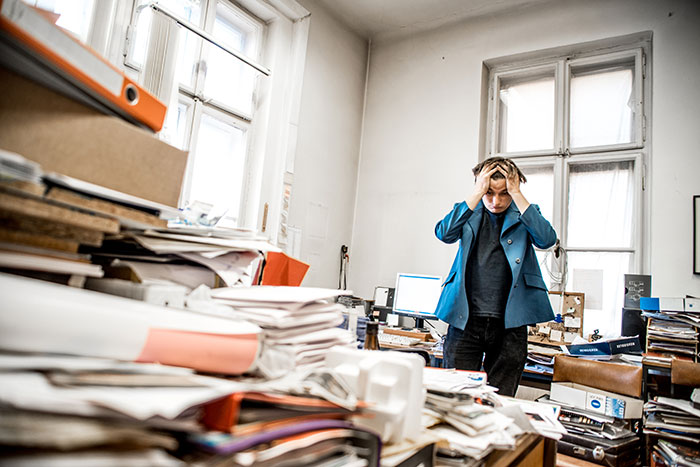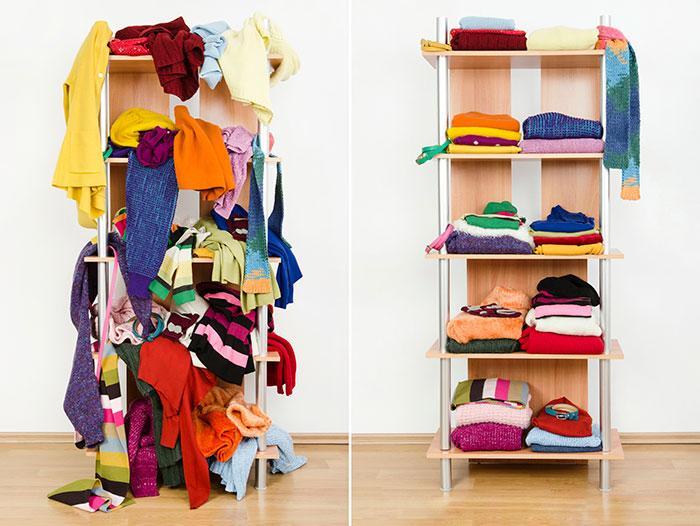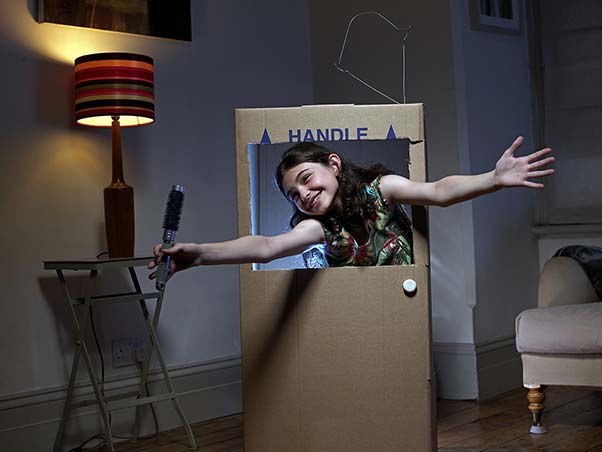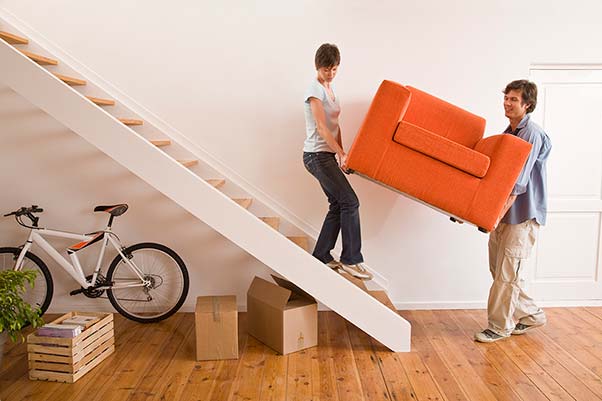It’s no secret that a cluttered environment can negatively impact a person’s state of mind. A messy, cluttered home gives way to so many chores and tasks just to get the place looking presentable. Sometimes it’s so burdensome that the anxiety of the clutter bulldozes any other attempts at productivity. Stuff piles up everywhere, whether it’s useful or not. The mess gets so bad that you might not even know where to start. Overwhelming feelings push out any sense of peace and the stress response kicks into high gear as you struggle to maintain some semblance of order amid the complete and utter disarray.

Soon physical clutter bleeds over into mental clutter. A cluttered mind often mimics the day-to-day experiences of being too busy to keep up with life. Clutter and mental health may go hand in hand, as the mess heightens your anxiety and the elevated anxiety makes it difficult to make progress in alleviating the cluttered house.
Tips for Decluttering Your Home
If you are feeling overwhelmed by clutter, try these tips to bring some balance back to your life and your home.
1. Work your way through items one category at a time.
Start with clothing, for example, and go through all your drawers and closets. Donate or sell items you haven’t worn in years and have no current intentions of reviving into your wardrobe.
2. Avoid messy house depression by taking charge of your clutter.
Go through your home like gangbusters to declutter and downsize your collection of stuff. Find other homes for the things you no longer need and put those you do want into storage. Consider a private personal storage unit for offsite, out-of-sight, out-of-mind storage.
3. Don’t be afraid to ask for help.
Some messes require a greater commitment to getting the job done. If you can’t bear to do all the decluttering by yourself, consider hiring a professional organizer to help.
4. Declutter your life one piece at a time.
Remember that even tasks on your to-do list take up space in your mind. You might have some paperwork to tackle or other things that need to be done. Take care of them right away so they don’t have the chance to clog up your mind with mental clutter. As you work through these items you’ve got to do, you should start feeling lighter. The mental decluttering will take time, but this is a great place to start.

5. Start with areas of the greatest impact.
If you haven’t got time to sort everything off the bat, you might find it useful to box up items that you can assess later. Find the low-hanging fruit and make the biggest visual impact first. Then work your way down, tackling the most noticeable tasks one after the other.
6. Team up as a family to tackle the mess.
Take the time to strategize over your home’s clutter problem. Work together to get the job done quicker than expected so everyone in the family can rest easier.
7. Make a habit of mental decluttering.
Whether you clear your mind by running or doing yoga, through meditation, or mindfulness, a more carefree mind can greatly impact your mood and experiences on a daily basis. You might be amazed at how much better you feel when you take a few moments to focus on clearing your own mental load.
Clutter reminds the brain that you are likely never going to finish your workload. It incites an anxious feeling that leaves you on edge all throughout the day. Clear the clutter and free your mind. Give yourself a fighting chance when it comes to taking charge of your productivity. Less clutter means less stress, and less stress leads to greater success!










